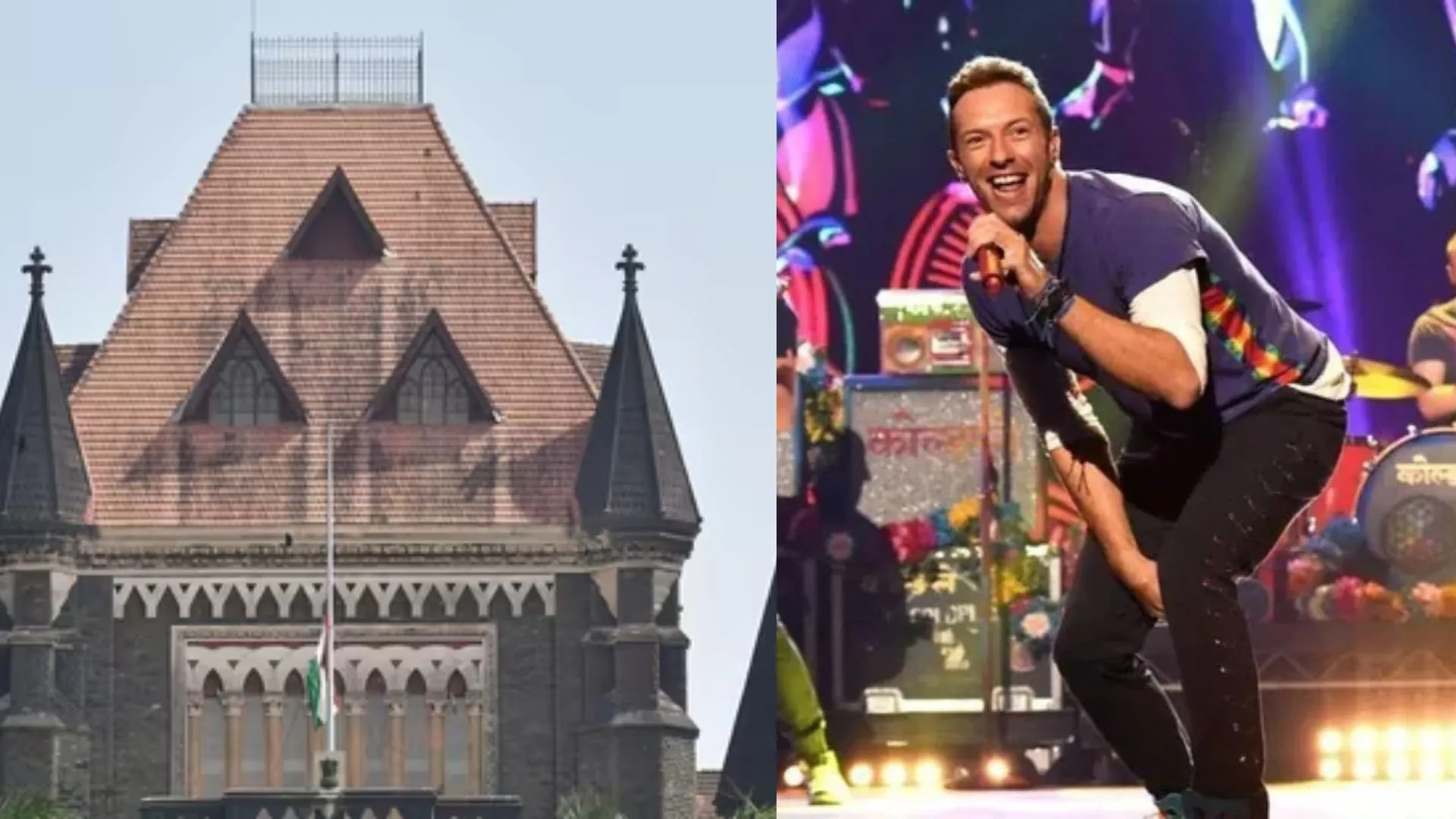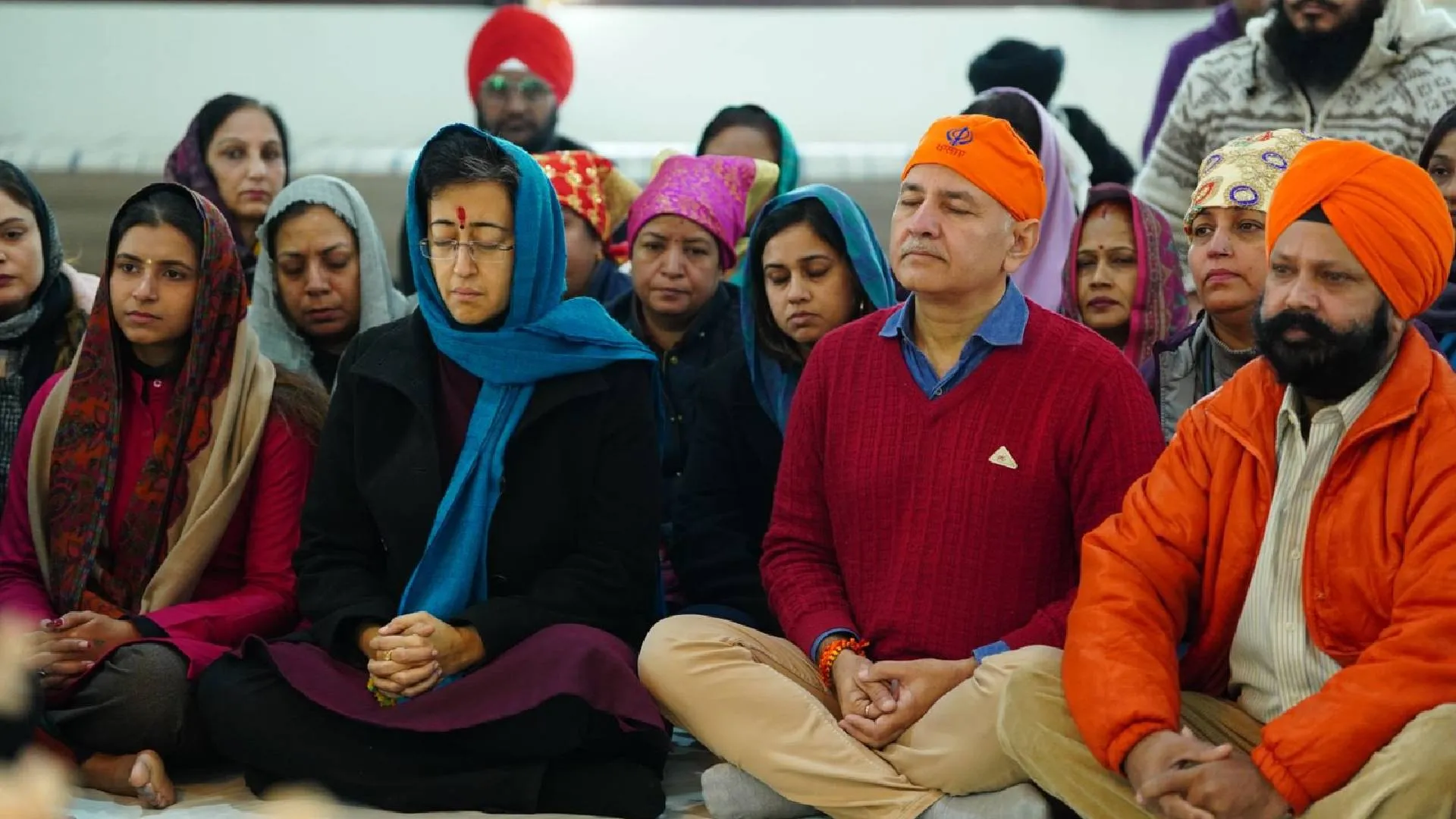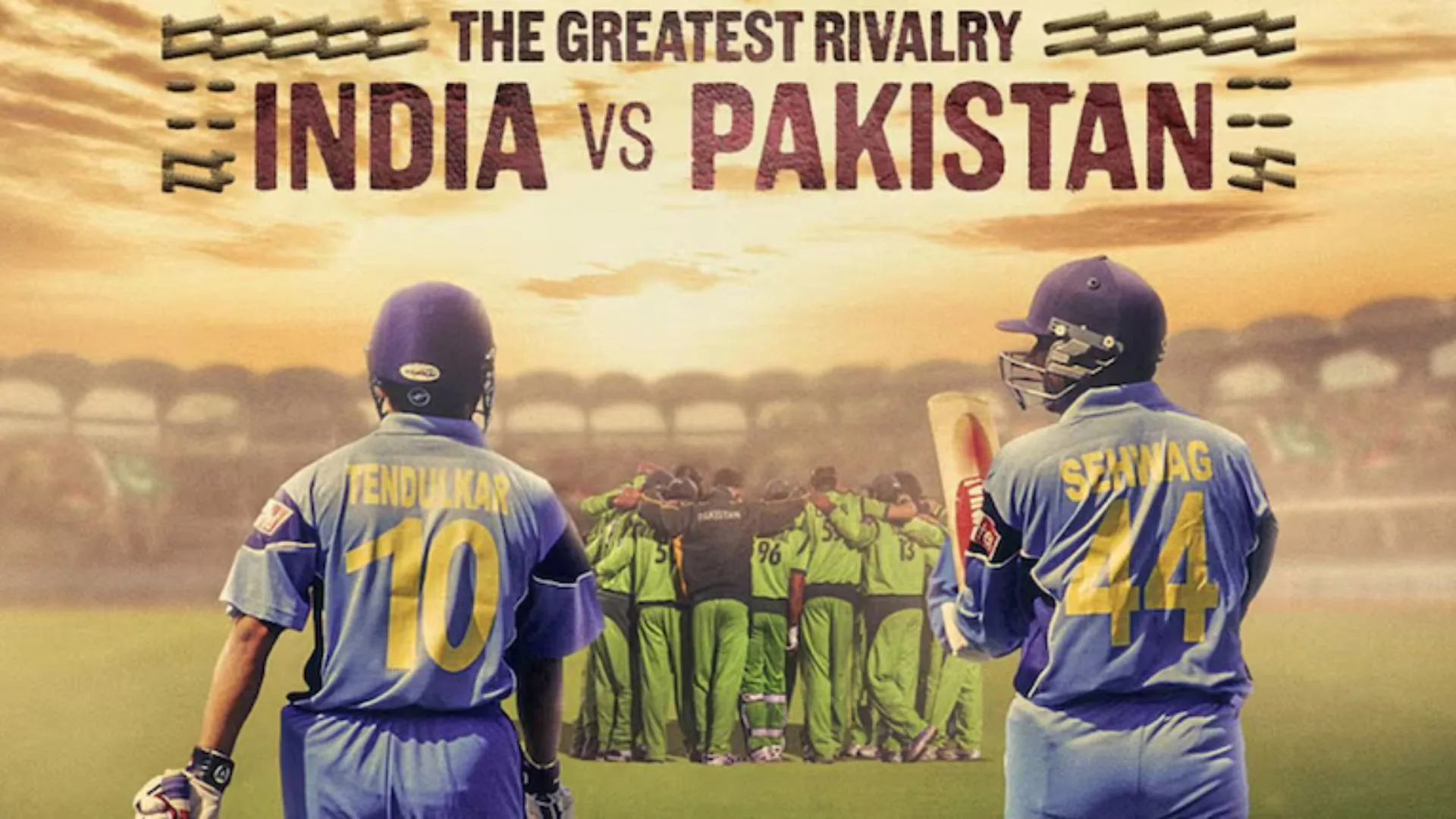The Supreme Court in the case Munna Lal vs State of Uttar Pradesh observed wherein the court acquitted the accused in a 1985 Murder Case by giving them benefit of doubt in a judgement delivered on 20.01.2023. In the present case, one Narayan was murdered on 05.09.1985. Therefore, Munna Lal, Sheo Lal, Babu Ram, and Kalika were accused of murder and in January 1986, the accused were convicted by the Trial Court. Further, an appeal has been filed by the accused which the Allahabd High Court dismissed in the year 2014. In an appeal, it has been noted by the court wherein following
(1) the statement of the main prosecution witness under section 161 of Code of Criminal Procedure, which was being recorded nearly 24 days after the incident.
the incident.
(2) Though it is been stated that the Investigation officer is said to have reached the place of occurrence on 05.09.1985 at 1.30 p.m. and has recovered a bullet in the blood oozing out from the injury at the hip of the dead body, no efforts which is being worthy of consideration is appeared to have been made for seizing the weapons by which the murderous attack was being launched.
(3) The non-obtaining of ballistic report.
It has been observed by the Apex Court bench that there being a fair degree of uncertainty in the prosecution story in this case. Therefore, The bench comprising of Justice S. Ravindra Bhat and Justice Dipankar Datta stated that it is being appeared to have somewhat been influenced by the oral testimony of prosecution witnesses. The Judgement given summarizes the following settled principles:
(a) It is being enshrines under Section 134 of Indian Evidence Act, 1872, the well-recognized maxim that evidence has to be weighed and not counted. It is being the quality of 14 evidence that matters and not the quantity and as a sequitur, even in a case of murder, it is not necessary for insisting upon a plurality of witnesses and that of the oral evidence of a single witness, if it is being found to be reliable and trustworthy to the court, the same could have lead to a conviction. (b) the oral testimony may be classified into three categories, named: (i) the one who is Wholly reliable; (ii) the one who is Wholly unreliable; (iii) the one who is Neither being wholly reliable and nor being wholly unreliable. Therefore, the court may not pose a serious difficulty in the first two category of cases in arriving at the said conclusion(s). However, in the third category of cases, the court has to be circumspect and the court has to look upon for corroboration of any material particulars which are being reliable testimony and which is the direct or circumstantial, as it is being required of the rule of prudence. (c) Thus, a defective investigation made is not always fatal to the prosecution where ocular testimony is being found credible and cogent. In such cases, the said court has to be circumspect in evaluating the evidence, a fault made in the investigation cannot in all cases be a determinative factor to throw out a credible prosecution version. (d) The Non-examination of the Investigating Officer must be resulting in the prejudice to the accused; if no prejudice is being caused, mere non-examination would not render the prosecution case fatal. (e) The discrepancies do creep in, when a witness deposed in a natural manner after the lapse of some time, and if such discrepancies are comparatively being of a minor nature and do not go to the root of the prosecution story, the court may not give undue importance to the same. It has been observed by the bench that although the mere defects in the investigative process by itself cannot constitute ground for acquittal, it being the legal obligation of the Court to examine in each case that the prosecution evidence de hors the lapses committed by the Investigating Officer to find out whether the evidence which is brought on record is at all reliable and whether such lapses may affect the object of finding out the truth. Further, it has been held by the bench that the appellants are being entitled to benefit of doubt and thus set aside their concurrent conviction.























